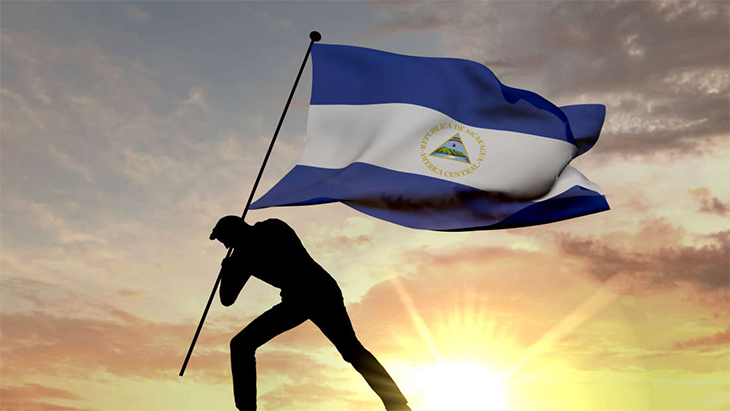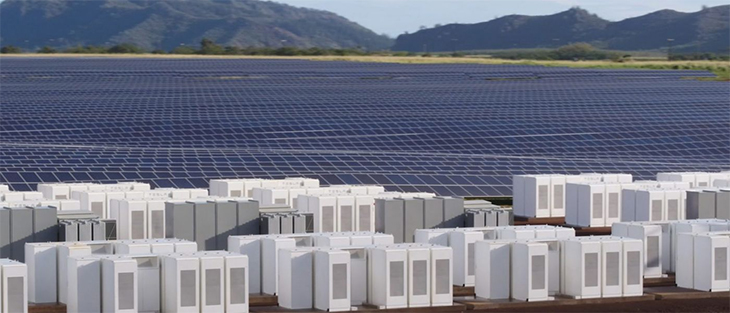By: Robin Andrews/IFL Science The world reeled when President Trump announced that America would withdraw from the Paris climate change agreement earlier this year. Despite all the political, environmental, societal, and economic costs of doing so, the White House declared that it would stop all efforts to combat climate change at a federal level.
At the time, this meant that only three countries in the entire world weren’t party to the Paris accords: the US, Syria, and Nicaragua. The last on that ignominious list didn’t join the pact because it didn’t go far enough, but as reported by BBC News, Nicaragua’s government has decided to sign up after all.
Although the relatively small Central American nation has dropped hints that it would join over the last few months, President Daniel Ortega confirmed last week that he’d add his all-important signature.
Releasing an official statement, Ortega explained that “scientists from more developed countries, scientists working at NASA, European scientists, everyone agrees that we must stop the process that is leading to the destruction of the planet.”
Now, the appropriate legal documents have been delivered to the United Nations, which means that the shortest list in the world has now shrunk to include just two countries. Yes, even North Korea is in the agreement.
Considering that the goal of the Paris agreement is to save the people of this world from a future of climate change nightmares, anyone not on this list stands for the worst possible reasons. Despite the actions of US states to remedy the problem, America has entered an age of federal-scale, anti-scientific ignorance. Syria, of course, is currently the most violent place on Earth.

A land of volcanoes, Nicaragua gets much of its energy from geothermal sources. world road trip/Shutterstock
Nicaragua, conversely, wasn’t on this list for very different reasons. A relatively small country, it is making waves for its progression towards a 100 percent renewable energy-fueled electricity grid. Right now, around 50 percent of its electrical needs are generated by wind, solar, geothermal, biomass, and hydroelectric power plants; by 2020, this number could rise to 90 percent.
It’s chosen this path for several reasons. Firstly, it makes sense, as the country has abundant natural resources, and it’s cheaper to invest in them than fossil fuels, of which Nicaragua has very little. Secondly, its low-latitude position and coastal geography make it extremely vulnerable to climate change.
As we’ve previously reported, Nicaragua – when compared to states of blocs like the US, China, India, and the European Union – has an extremely low carbon footprint, so its actions won’t make much difference when it comes to the planet’s drawdown of greenhouse gases. It is, however, a powerful gesture, one that couldn’t be timelier.




